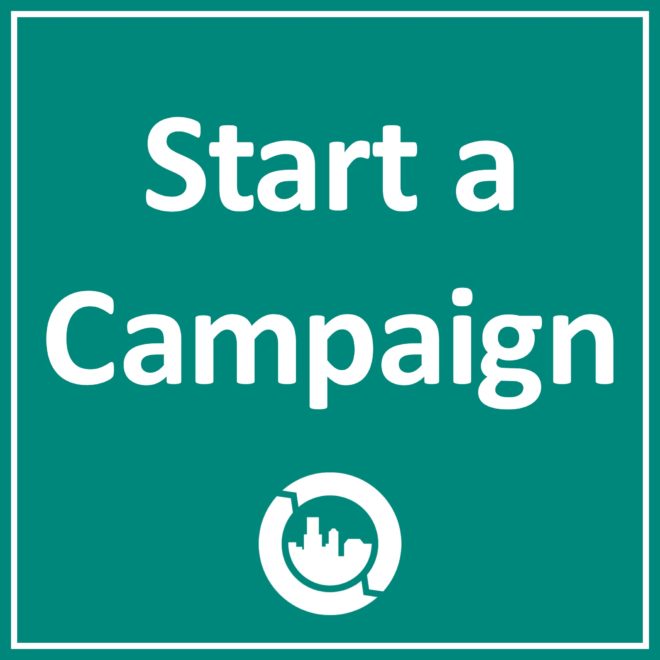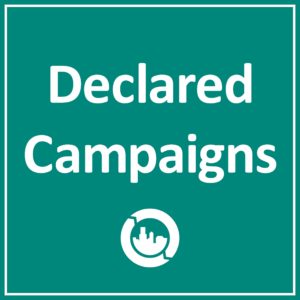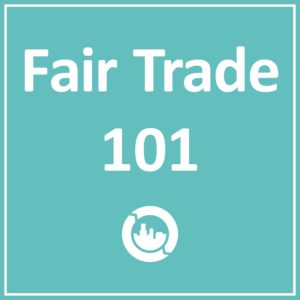Day 1 at CONACADO: Creating Conscious Farmers of Reality
In March, Fair Trade Towns USA sent 12 volunteer organizers on a 7 day learning tour of Fair Trade farms in Dominican Republic. The travelers came from town and city campaigns all over the country to see the effects of their hard work, visiting cocoa, coffee and banana farms, as well as a sweat-free apparel factory. This series chronicles the trip through the eyes of a different organizer each day.
This blog post comes to us from Ivy Kim of Fair Trade Berkeley.
“The keys to success are Fair Trade and organization.” ~Hector Romero
Waking up in the morning was disorienting to say the least. Greeted with an unfamiliar smell, with an unfamiliar noise, in unfamiliar bed sheets, I was reminded that I was in the Dominican Republic—the Dominican Republic! For the first time in a very long time, I saw no need for the snooze button; my eagerness to not only learn about Fair Trade, but also start a new day in such a beautiful country triumphed over the lure of the hotel bed.
After a plate full of empanadas, fries, and scrambled eggs at a nearby restaurant conveniently located facing the clear blue Dominican ocean, we headed to the headquarters of CONACADO, a Fair Trade cocoa cooperative in Hato Mayor. On our way to the cooperative, I was pleasantly surprised by the smooth roads of the Dominican Republic.
Once we arrived at the CONACADO headquarters, I was overwhelmed by its presence, not because of its size, but because my roommate had just purchased cocoa powder from Trader Joe’s that was made with beans from CONACADO just days before my arrival to the DR. It felt as if I had come full circle—not only did I experience CONACADO through the lens of a consumer, but I was also minutes away from experiencing it through the lens of many hard-working and dedicated producers.
Hector Romero (who goes by Romero), the tour coordinator for CONACADO, greeted us with his warm smile and hearty handshake. Somewhat resembling President Obama, Romero made us feel as if we were family. He led us into a room, where we were served locally-crafted hot chocolate made with ginger, sugar, cinnamon, cocoa, and water (fun fact: adding milk to hot chocolate takes away some of the nutritional values of cocoa). As we were sipping on and savoring the best cup of hot chocolate I have ever had, Romero told us about the changes that Fair Trade had brought to the lives of CONACADO farmers.
According to Romero, not only has Fair Trade achieved a broad, yet crucial goal of freeing farmers from exploitative market intermediaries, but it has helped cocoa farmers in countless concrete ways as well. For example, with the money from Fair Trade, the organization was able to better the lives of its farmers by providing them with cheaper purified water, electricity, plumbing, education for their kids, ecologically-sound farming practices, health, roads, and more. In addition, Fair Trade helped to create “conscious farmers of reality,” meaning the farmers are now educated about the international cocoa market, empowering them to demand fair prices for their products. To quote Romero, “The keys to success are Fair Trade and organization.”
To experience the effects of Fair Trade first hand was inexplicable. It is easy to learn about them through books and documentaries, but to breathe in its impacts was truly an honor. Living in a world where globalization now symbolizes oppression rather than unity, I have developed a critical eye for many social causes and their movements. However, something intrinsic in me always had faith in Fair Trade, and Romero’s stories, lessons, gentility and humor reinforced my confidence in Fair Trade.








You must log in to join the discussion. If you are not already a member registering is easy.